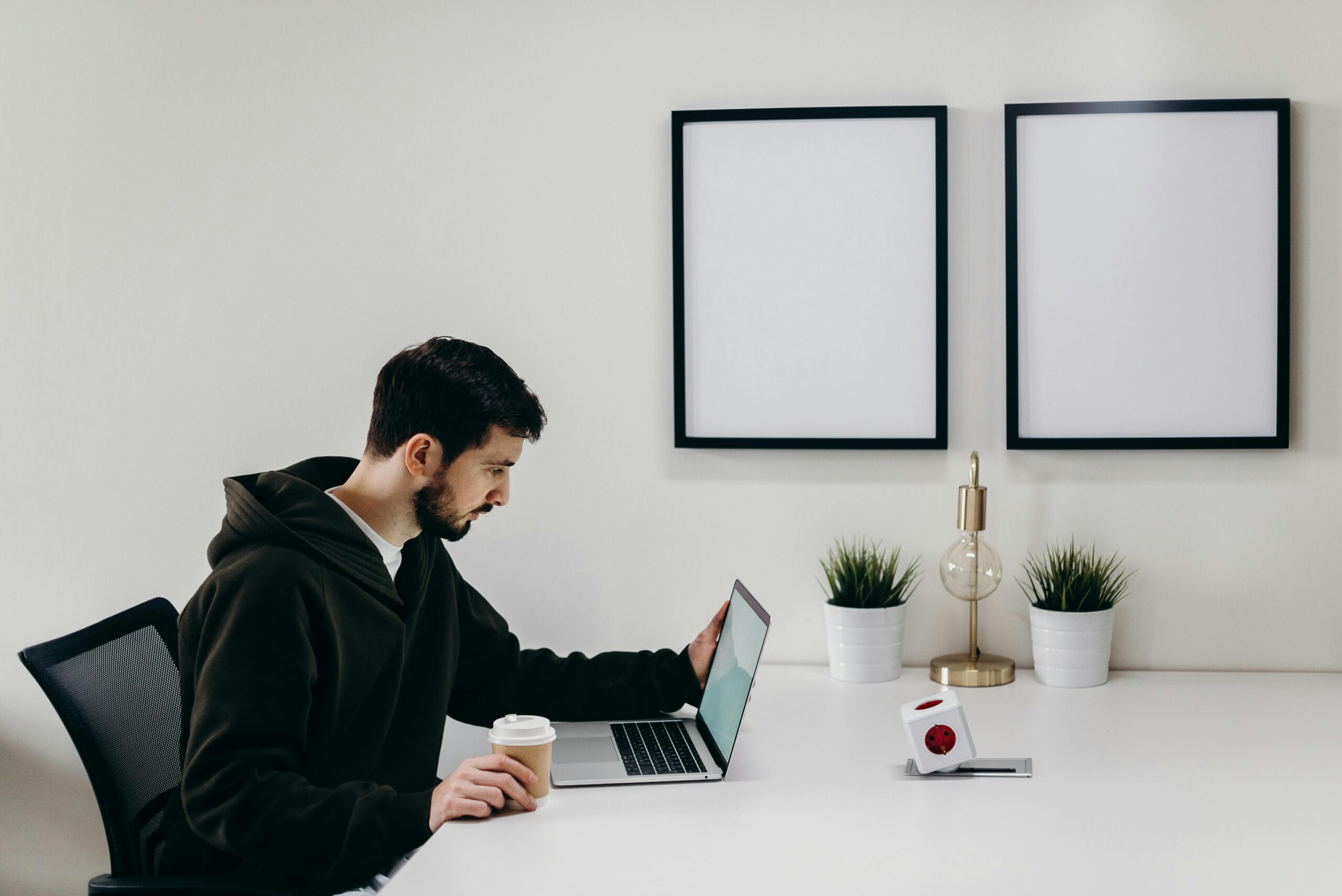You don’t need more hours. You need more clarity.
Let’s be real: staying focused in today’s world is a challenge. Your brain is constantly pinged by messages, tabs, notifications, thoughts, and to-dos.
You sit down to work or study and—bam—10 minutes later you’re scrolling, snacking, or staring blankly at the wall.
But here’s the good news: focus is a skill, and like any skill, it can be trained.
If you’ve been googling “how to focus better,” here are five easy, daily habits that will help you build more clarity, concentration, and calm—without relying on caffeine or sheer willpower.
1. Start your day with stillness
Before diving into your phone, emails, or work—take five minutes of stillness. No screens. No stimulation.
Try:
- Deep breathing (inhale 4, hold 4, exhale 6)
- Journaling one thought
- Looking outside and letting your eyes rest
Why it works: You shift your brain from reactive to intentional mode. That early pause acts like a mental anchor for the day.
2. Set your top 1–3 priorities (not 15)
Trying to do everything = doing nothing well.
Each morning, ask: “What are the top 1–3 things that actually matter today?”
Write them down. Focus on them first.
This cuts through overwhelm and directs your attention like a laser—one task at a time.
Bonus: Crossing those off gives your brain a reward boost, which increases motivation.
3. Monotask like it’s a superpower
We’ve all heard it: multitasking is a myth. Your brain isn’t built to do two complex tasks at once.
Instead, try this:
- Close all tabs but one
- Put your phone on airplane mode
- Set a timer (e.g. 25 minutes)
- Do just one thing
Monotasking helps you enter a “flow” state faster. That’s where real focus lives.
4. Move your body, clear your mind
Even a 10-minute walk can reset your brain.
Physical movement increases blood flow and gives your prefrontal cortex (the decision-making and focus center) a break.
Try:
- Walking without your phone
- Stretching for 5 minutes
- Dancing to your favorite song (seriously—it works)
If you can’t focus, don’t push harder—pause and move.
5. Create a “no-phone zone”
Phones are the biggest focus killers—and you know it.
Pick one time block per day (even just 30 minutes) where your phone is:
- Out of sight
- On airplane mode
- Not interrupting your brain
Protect your attention like it’s gold—because it is.
Final thoughts
Learning how to focus better doesn’t require massive life changes.
Small, consistent habits lead to big mental clarity over time.
Start with just one of these today. Let your brain trust that you’ve got its back—and it’ll reward you with deeper focus, better work, and more peace.
📌 FAQ – How to Focus Better
Why can’t I focus even when I want to?
Your brain might be overstimulated or anxious, making it hard to settle on one task. Environment, sleep, stress, and distractions play a big role in attention.
What’s the fastest way to improve focus?
Try monotasking with a timer. Remove distractions, set a short time block (e.g., 25 minutes), and work on one thing only. Then reward yourself with a break.
How can I train my brain to focus better?
Build daily habits like morning stillness, priority planning, body movement, and tech-free time. Focus is a muscle—it gets stronger with consistent reps.
Does anxiety affect focus?
Yes. Anxiety increases mental noise and makes it harder to concentrate. Grounding techniques, short breaks, and calming routines can help improve focus.
Is multitasking bad for focus?
Multitasking splits your attention and reduces performance. Focusing on one task at a time leads to better results and less mental fatigue.

